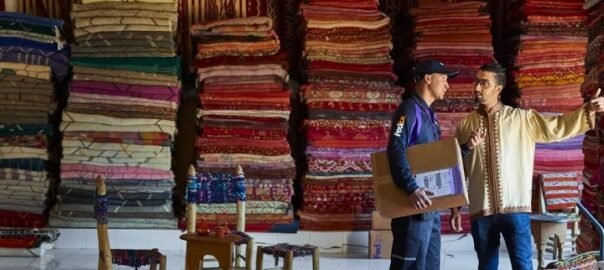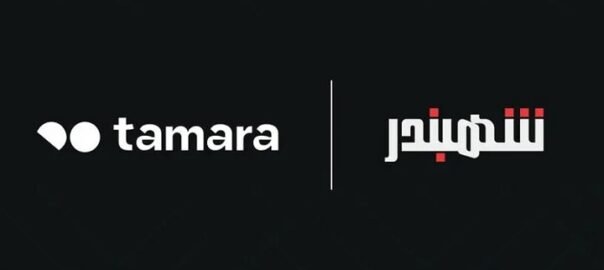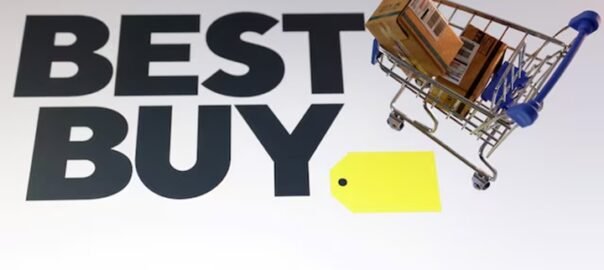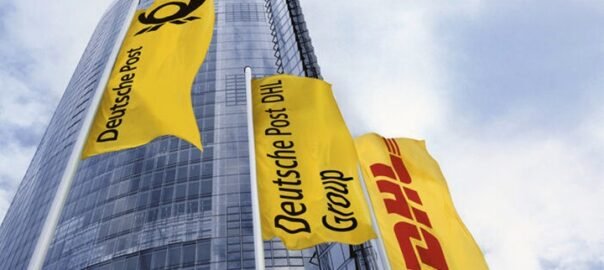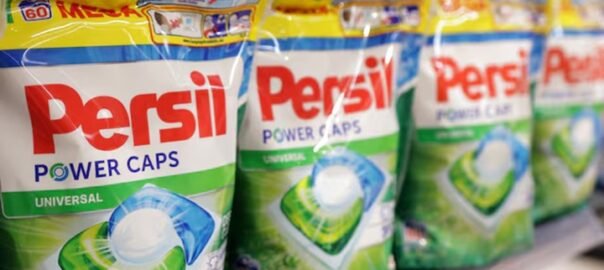Indian exporters who built their businesses on Americans’ demand for affordable goods are redrawing their strategies and weighing alternatives to reduce the pain from US President Donald Trump’s shock 50% levy on imports.
Trump’s decision to double tariffs in the space of a week will make India-made apparels to generic drugs prohibitively expensive and can heavily disrupt exports, if not bring them to a grinding halt for many smaller businesses.
“This is worse than Covid for us,” said Lalit Thukral, founder of apparel exporter Twenty Second Miles, who fears the industry will have to sell his goods at a loss and comparing the tariff-led disruption to the coronavirus pandemic. “At least, there seemed to be an end to it. This tariff situation is just getting worse.”
While escalating tariffs pose an existential threat to small enterprises like Twenty Second Miles, the larger ones are considering coping tactics including relocating production lines to countries with a lower tariff barrier, tapping buyers in other geographies and exploring acquisitions in the US.
Gokaldas Exports Ltd., one of India’s largest apparel exporters that earns about 70% of its revenue from the US, plans to ramp up production in its factories in Kenya and Ethiopia which face just a 10% US levy.
“Africa is looking like a good source at the moment,” Gokaldas’ Managing Director Sivaramakrishnan Ganapathi said in an interview. “We are seeing a huge amount of inquiries for production from that region from American customers.”
The mitigating strategies will be a gut punch for Prime Minister Narendra Modi’s flagship ‘Make in India’ initiative and puncture any prospects to position India as an alternative manufacturing hotspot to China. Economists forecast that Trump tariffs could clip India’s gross domestic product by as much as 1%.
Trump has peppered his tariff onslaught with jibes about how the South Asian nation’s trade barriers were “obnoxious” and its economy “dead” — remarks that have drawn counter from India’s central bank. But businesses are hoping for more than just retorts.
Businesses thought “there would be more predictability,” according to Rohit Kumar, founding partner at public policy consultancy The Quantum Hub.
“In the short term, this threatens our China+1 strategy that India was positioning itself to benefit from. In the longer term, even this rerouting may not work for longer as policies could change,” Kumar said, referring to companies trying to recast supply chains.
Analysts Chetna Kumar and Adam Farrar weighed in: “The additional 25% oil penalty tariff would take the hit to US–bound exports to 60%, dragging GDP by 0.9%. This drop would be concentrated on the key items impacted by these tariffs such as gems and jewellery, textiles, footwear, carpets and agricultural goods — all labour-intensive industries.”
The revised US levy announced as a penalty for India’s purchases of Russian oil are set to take effect within 21 days, providing time for hectic parlays between New Delhi and Washington DC.
In the meantime, companies are working on hedging strategies. Tata Group’s Titan Ltd., which sells jewellery, is considering shifting some manufacturing to the Middle East which has lower duties on shipments into the US, Reuters reported Tuesday.
Welspun Living Ltd., which sells home fabrics in the US, told analysts last week that it is looking at the UK, European Union, Middle East, Australia, New Zealand and Japan to reduce reliance on the American market.
SNQS International, based in the textile hub of Tiruppur in southern India, gets about 20% of its business from the US but is now looking to double down on European nations, according to its founder V. Elangovan.
Larger textile manufacturers are also grabbing smaller, low-value orders to keep their factories running and avoid shutdowns, Thukral of Twenty Second Miles said. This risks crowding out the smaller firms.
Indian trade bodies across affected industries, including apparel, gems and jewellery, and shrimps, are ramping up calls of support from the Modi government.
The Confederation of Indian Textile Industry wants the government to “fast track” measures to limit the hardship faced by local apparel exporters while an industry body for shrimp exporters is seeking export incentive programs.
The Gems and Jewellery Export Promotion Council wants duty drawbacks, pre-shipment loans and deferring interest on working capital facilities, Chairman Kirit Bhansali said in a statement.
News Credits- FASHION NETWORK
/filters:format(webp)/entrackr/media/media_files/2025/08/12/nykaa-financials-2025-08-12-16-55-11.png)


